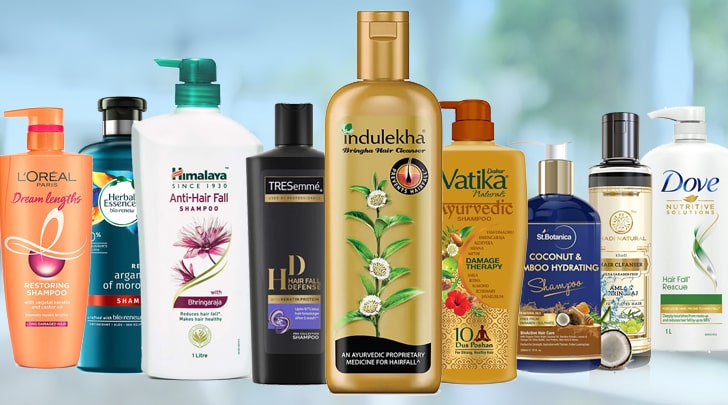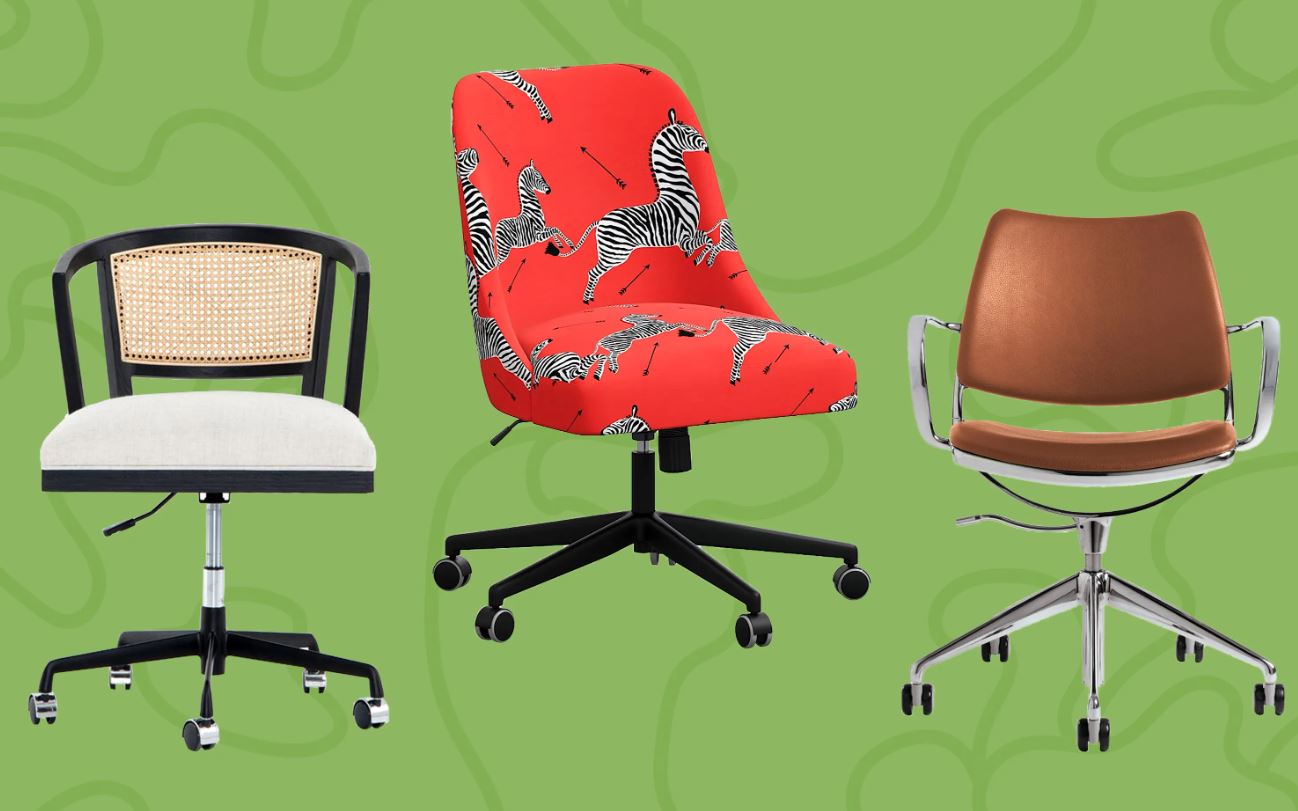Best Conditioner For Hair Fall Of 2024: Completed List
Brandon Forder Apr 20, 2024 10:07 AM
Hair fall is a common problem for people of all ages. In fact, according to the American Academy of Dermatology, an estimated 80 million women in the United States suffer from hair loss. That's why it's essential to find the best conditioner for hair fall. In this blog post, we'll take a look at some popular conditioners on the market and discuss how to determine which one is best for your hair.

Compare Products
- SCORE8.8
- BrandSatinique-Amway
- Prime
- SCORE8.4
- BrandL'Oreal Paris
- Prime
- SCORE8.2
- BrandPantene
- SCORE8.0
- BrandSunsilk
- SCORE8.0
- BrandNaturaloe
- Prime
Last update on 2024-04-20 / Affiliate links / Images, Product Titles, and Product Highlights from Amazon Product Advertising API
What is hair fall and why does it happen?
Hair fall is excessive hair shedding. This happens when the hair follicle loses contact with the root and hair falls off.
Hair fall is influenced by several factors. The most common causes of hair fall include:
Stress. Hair fall tends to happen more frequently during times of stress. Stress causes hormonal imbalances in the body, making it difficult for hair follicles to function properly.
Diet. A poor diet can lead to hormonal imbalances in the body, causing hair thinning and excessive hair fall. Eating a balanced and nutritious diet can help you maintain healthy hair.
Hormonal imbalance. Hormonal imbalances in the body can cause hair fall. Women who are experiencing menopause have a higher incidence of hair fall. Hypothyroidism, which is an excess of the thyroid hormone, can also cause hair fall.
How hair fall can affect your appearance.
No matter what you do, hair fall is an inevitable fact of life. You lose around 80-100 strands of hair every day, which supports that average. However, excessive hair fall can be worrying, especially when it affects your appearance.
When hair is falling out in clumps, rather than steadily, it can mean a little more than just the normal shedding of hair. There are several possible causes of excessive hair fall, such as unhealthy foods and lifestyle choices, or certain medical conditions. However, there are also several remedies available to deal with excessive hair fall.
1. Types of hair fall
Excessive hair fall can be experienced in two ways. It can be excessive shedding of fine hair, or it can be excessive shedding of thick hair. The former, or fine hair fall, is experienced by men and women, regardless of the age. However, the latter, or thick hair fall, is experienced by only women, and is usually related to menopause.
2. Managing hair fall
2.1 Hair Care: Hair care plays an important role in the management of hair fall. It is, therefore, important to choose hair care products that suit your hair type and hair fall condition. It is advisable to use mild shampoos that contain natural ingredients to reduce hair fall.
2.2 Avoid Hair Styling: Avoid hairstyles that pull your hair tightly, or hairstyles that use harsh hair products and chemicals that damage your hair.
2.3 Diet: Excessive hair fall can be caused by an unbalanced diet. Excessive consumption of protein, caffeine, and junk foods, can cause the hair to fall. Therefore, it is important to maintain a healthy, balanced diet.
2.4 Medications: Medicines used to treat various medical conditions, such as hypertension, thyroid disease, and depression, can cause excessive hair fall, as a side-effect.
2.5 Stress Management: Stress is a leading cause of hair fall, along with physical, mental, and hormonal disorders. Therefore, it is important to adopt stress management techniques, to reduce stress levels.
What causes hair fall?
Hair fall is a common problem that affects many people, both men and women. It can be caused by a variety of factors, including genetics, hormones, and environmental factors. Here are some tips to help you deal with hair fall:
1. Take measures to prevent hair fall in the first place. You can reduce the amount of hair that falls by taking measures to improve your hair's natural condition. This includes using a good quality shampoo and conditioner, conditioning your hair every day, and avoiding harsh chemicals and treatments.
2. Treat hair fall symptoms. If you experience hair fall, it's important to treat the symptoms as soon as possible. This includes applying a topical treatment such as minoxidil or ketoconazole, using a hair mask, or using a hair product that contains ingredients that help to stop hair loss.
3. Manage stress and improve your diet. Stress can cause hair fall by increasing the levels of cortisol in your system. You can reduce the amount of hair that falls by improving your diet and reducing your level of stress. You should also avoid caffeine and alcohol, which can both increase hair fall.
4. Seek professional help. If you experience persistent hair fall that doesn't respond to standard treatments, you may need to see a hair loss specialist. A specialist will be able to determine the cause of your hair fall and recommend the best course of action.
Are hair oils good for hair fall?
The issue of hair fall can be a cause of worry for women, especially as the winter season approaches. Every woman wishes to maintain full and thick hair. This is not possible without the proper hair care. Use of hair oils can be an effective way to maintain healthy hair.
However, it is essential to buy hair oils that suit your hair type. Oils rich in jojoba, argan, olive and coconut are good for normal, dry, oily and frizzy hair.
Jojoba oil has moisturizing properties that reduce frizz and breakage. It also has antioxidants that are beneficial for aging and damaged hair. Although jojoba oil is not suitable for every hair type, it offers strength and shine to hair.
For dry hair, hair oils enriched with argan, olive and coconut can be helpful. These oils nourish hair, reduce the dryness and split ends, and make hair soft and silky.
Oils that are rich in coconut oil are good for dry, dull, damaged, and colored hair. Coconut oil is also good in repairing split ends.
Oils rich in jojoba oil are good for maintaining a soft and shiny hair. This oil also reduces the dryness of scalp and hair.
Oils rich in argan oil are good for dry, damaged, frizzy, hair. Hair oils that contain vitamin E, jojoba oil, and coconut oil are also good for severely dry, damaged and chemically treated hair.
How hair conditioners can help.
Are you worried about your hair falling? Have you tried a lot of shampoos and conditioners? You are not alone. Many women experience hair fall. If you are worried about your hair falling, then you need to change the way you care for your hair.
You may have seen people buying expensive hair shampoo and conditioners over the years. But do they really work? The answer is no. They only help temporarily. The real cause behind hair fall is nutrition. If you eat a lot of junk food, then your hair will start falling.
If you want to treat your hair fall naturally, then you need to incorporate good hair habits in your diet. Buy good quality food. Avoid junk food. Cut down on sweets. Drink a lot of water. And apply good hair conditioners regularly.
Hair conditioners help to balance the PH level of your scalp. They also make your hair healthier. They remove dandruff. Which in turn helps to treat your hair fall.






























